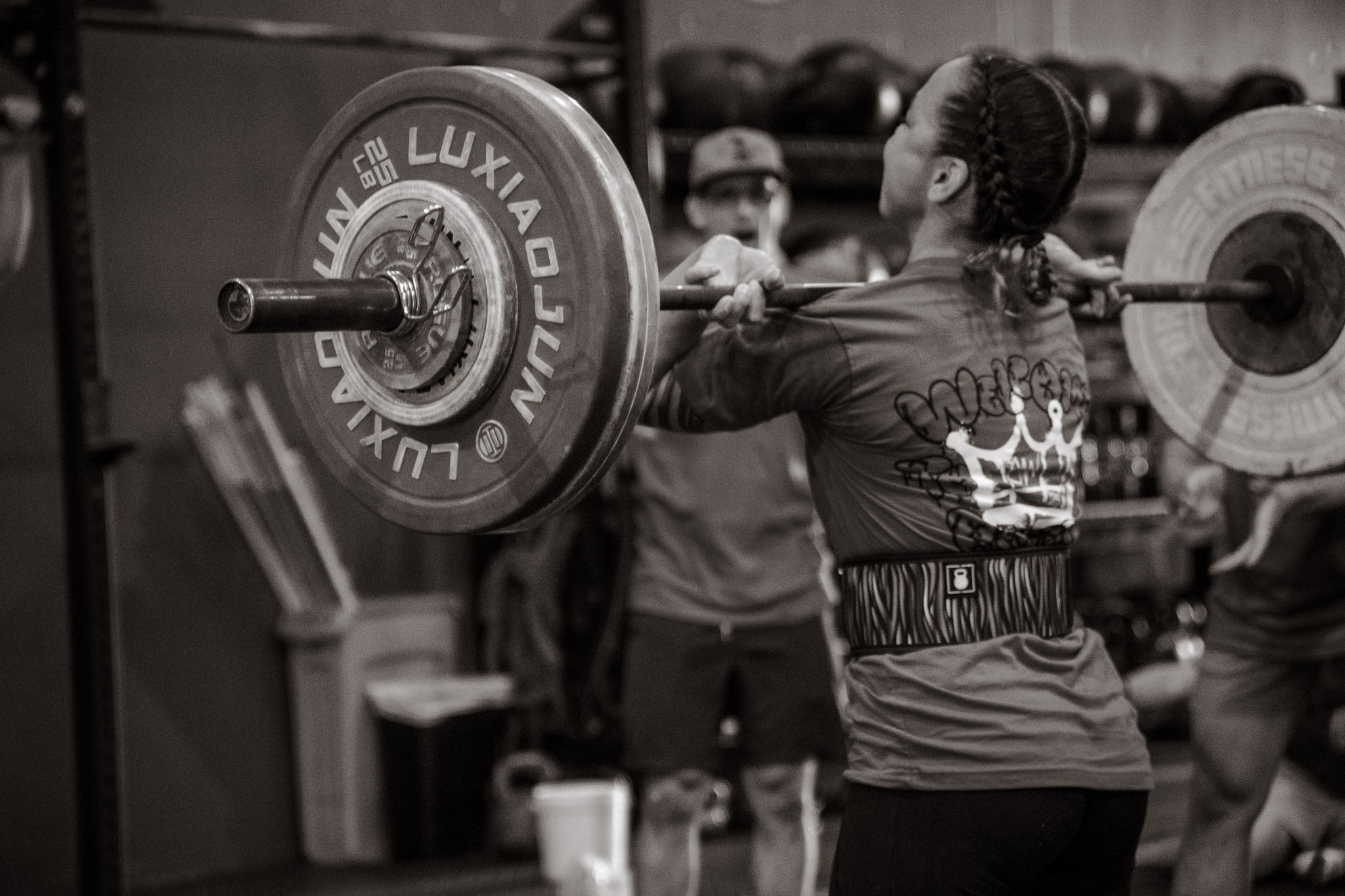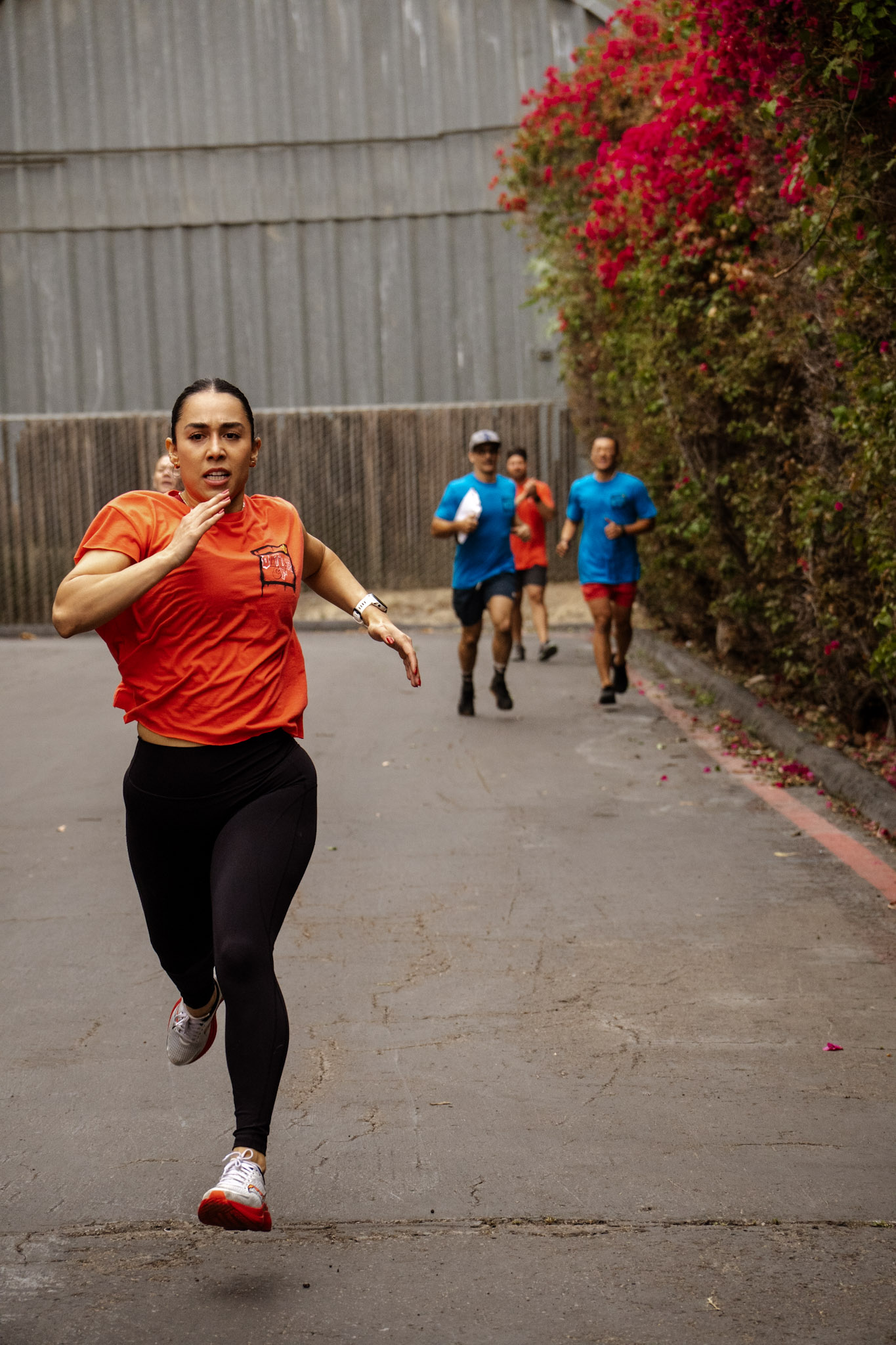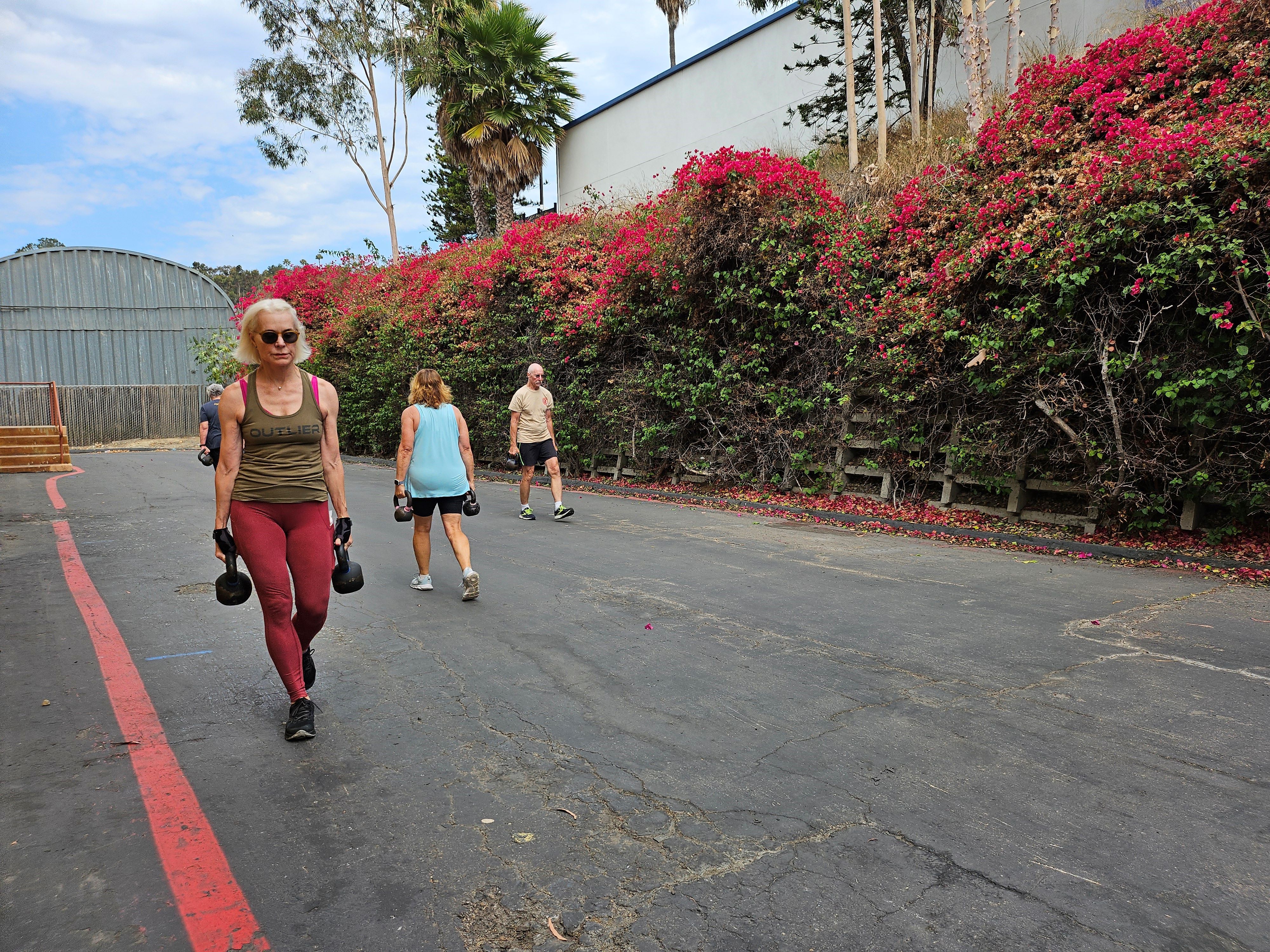By clicking “Accept All Cookies”, you agree to the storing of cookies on your device to enhance site navigation, analyze site usage, and assist in our marketing efforts. View our Privacy Policy for more information.


Find lasting success in a supportive community
Our passionate and knowledgable coaching staff will strive to help you reach any goals, both inside and outside the gym
Start your free Week trialEveryone is welcome
Our staff and members believe in creating a friendly environment for people at all fitness levels and ages.
Start at any fitness level
Whether a gym rat or a beginner, anyone will feel comfortable at our gym.
Expert fitness guidance
Our certified and trained staff will ensure you are safely and efficiently performing exercises during workouts.
Every body is unique.
Find something that works for YOU
CrossFit
CrossFit at Outlier CrossFit is a high-intensity fitness program that combines elements of weightlifting, cardio, and gymnastics. Participants engage in varied, functional movements performed at high intensity to improve strength, endurance, and overall fitness. Workouts are scalable to individual fitness levels, making it inclusive for all participants. Join Outlier CrossFit to push your limits and achieve your fitness goals!
Learn More About CrossFitOlympic Weightlifting Classes
The Olympic Weightlifting Classes at Outlier CrossFit, a CrossFit Gym, focus on developing strength, power, and technique in the snatch and clean and jerk lifts. These classes are designed to improve explosive strength through dynamic movements, while also providing personalized coaching to enhance lifting proficiency. Participants can expect a comprehensive training approach that emphasizes proper form, mobility, and progression in a supportive group environment.
Learn More About Olympic Weightlifting ClassesEndurance Class
Endurance class is held every Thursday at 6pm. This is a chance for those who want to work on their cardio or are training for any fitness races! These workouts are longer individual or partner workouts with running, machines, sleds, kettlebells, sandbags, and dumbbells. Come challenge yourself and reach your endurance goals!
EnduranceLegends (Masters 55+)
Legends (Masters 55+) at Outlier CrossFit is a specialized workout program designed for older adults to improve strength, mobility, and overall fitness. Tailored specifically for individuals aged 55 and above, this CrossFit Gym program incorporates high-intensity interval training, weightlifting, and functional movements to promote health and longevity. Participants receive personalized coaching and support to safely challenge themselves and achieve their fitness goals in a welcoming community environment. This class is held M/T/Th/F at 10am.
Learn More About Legends (Masters 55+)CrossFit Kids
CrossFit Kids at Outlier CrossFit is a specialized workout program designed for children in a CrossFit Gym setting. The program focuses on developing physical skills, strength, and conditioning in a fun and supportive environment. Kids participate in age-appropriate workouts that include functional movements, bodyweight exercises, and games to enhance agility, coordination, and overall fitness levels. This program helps children build confidence, teamwork skills, and a love for staying active. This class is held every Saturday at 8am.
Learn More About CrossFit KidsGetting started is easy
01
Book your free trial
We want to hear your fitness goals, assess a good starting point, and even let you try out a class for free!
02
Choose your gym membership
Get guidance tailored to your body and progress consistently. We will guide you every step of the way.
03
Build healthy habits
Getting fit is hard; staying fit is harder. We're here to ensure you build healthy habits and systems that keep you on the right track.
Everything you need to crush your fitness goals
Class Reservations
Weekend Workout Classes
Changing rooms for before and after workouts
Purified Water Dispenser
Fitness Program for Over Age 55
Members Only App
.jpg)
Our community is what makes us special and it's what will keep you going
Joining a gym shouldn't be intimidating. We will help you feel comfortable getting started.
Outlier CrossFit has been around since 2011 and pride ourselves in helping people reach their fitness goals.
We are striving to help every person find a higher quality of life through greater health.
(Select Location)
Conveniently located near the 8 & 15 freeways.
This is some text inside of a div block.
Come visit us
6332 Riverdale St, San Diego, CA 92120, USA
Get DirectionsSan Diego
Questions? We (probably) have the answers!
How do I sign up for a free trial?
Schedule your free trial with us by filling out the contact form with all of your details, and we will contact you to schedule your free trial.
How long does it take to see results?
Results take time, but if you’re consistent, they will come. If you are a beginner, results will come fairly quickly; even in only 30 days, you may start to see a difference in your strength and overall fitness.
Do I get the chance to meet new friends?
Yes. We like to organize our fitness classes into small groups, as this allows you to meet others.
What sets you apart from other gyms?
We are a community of people that share the same fitness journey as you. We are here to build each other up - if you win, we all win.
How often do you recommend coming to workout classes?
If you are a beginner, we recommend starting with 2 to 4 classes a week, with the goal of working up to 5 a week after your first few months. It may take a while for your body to get used to training at that intensity, so listen to your body and know you will need recovery time between training days.
Do you provide free refreshments there?
We have filtered water available to our members. Other snacks and drinks are available for purchase.
Do I have to be fit to join?
No! No matter what your current fitness level is, we have the fitness program that is right for you. Every workout is designed to help you succeed, improve fitness, and move you toward your goals. Our program is designed for universal scalability, making it the perfect application for any committed individual regardless of experience.
What payment methods do you accept?
We take all major credit cards, debit cards, as well as direct pay through your bank account. We do not accept personal checks.
What kind of exercises can I expect during a workout?
Our class programming will include a strength portion in which you’ll work on something like Olympic weightlifting, deadlifting, squatting, or bodyweight strength or you may work on a skill like handstand push-ups. After the strength or skill portion of the class is complete, most days will involve a workout that was programmed for that specific day. Workouts can be anywhere between 5 to 20 minutes or more.
Do I have to stop eating my favorite foods to be healthy?
No! A healthy lifestyle has to be manageable and realistic for the long term. Do enjoy special indulgences and meals! The healthier you are, the healthier you tend to want to eat. You get hooked on feeling good, and junk food just isn’t worth it. By avoiding excessive amounts of refined carbohydrates and measuring your intake of protein, carbohydrates, and fat, you will see dramatic, measurable increases in health.
Still curious? Talk to us!
Fit is not a destination, it's a way of life!





